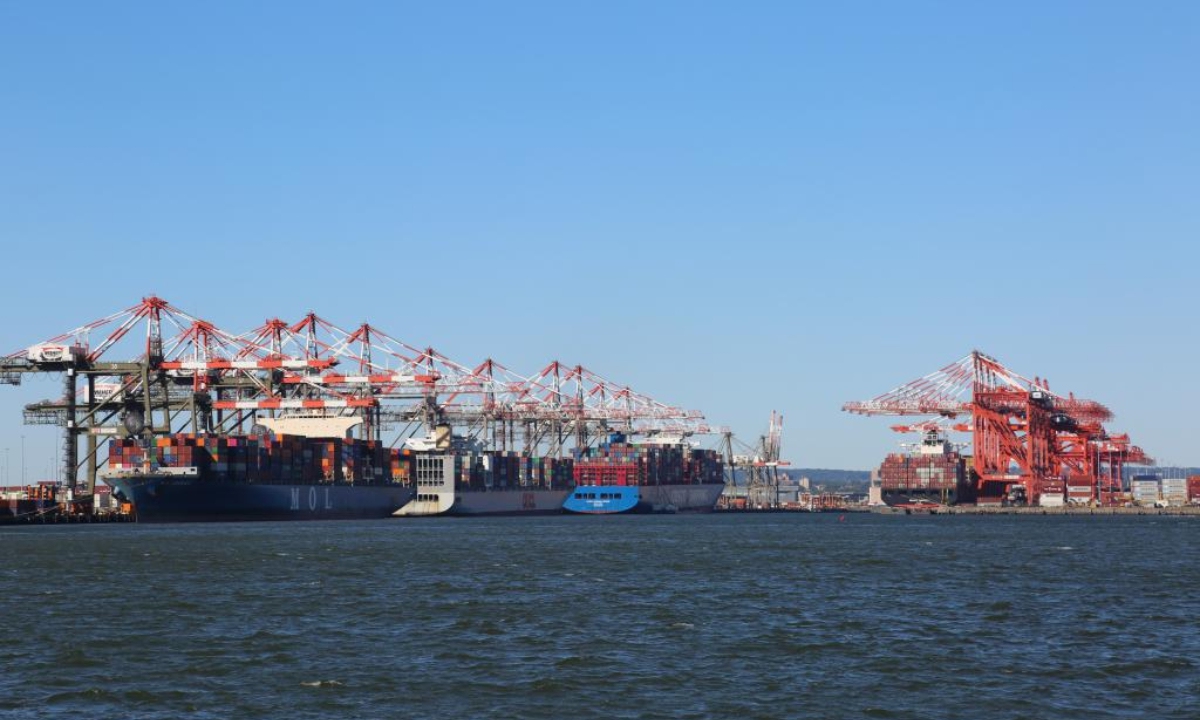Waymo to launch robotaxi service in Dallas by 2026

Waymo's announcement to expand its robotaxi service into Dallas in 2026 underscores a pivotal shift in urban transportation dynamics. As a pioneer in the autonomous vehicle landscape, Waymo is tapping into various U.S. metropolitan markets, recently highlighting major cities like Miami and Washington, D.C. alongside Dallas. This expansion not only demonstrates the company's strategic geographic diversification but also reinforces its commitment to advancing mobility solutions that align with changing consumer expectations for convenience and sustainability.
The partnership with Avis Budget Group to manage the Waymo fleet introduces an interesting layer of corporate synergy that speaks to evolving business models in this sector. Avis’s CEO Brian Choi eloquently described this collaboration as a "milestone," which emphasizes the importance of fleet management within the burgeoning mobility ecosystem. With Waymo already conducting over 250,000 paid weekly trips across its operational markets, this partnership suggests a concerted push towards establishing a sustainable and profitable operational infrastructure to support autonomous services. Historically, we can draw parallels with the ride-hailing industry's initial growth, where fleet partnerships were equally crucial.
Despite its promising trajectory, the venture into Dallas presents several opportunities and risks. For one, the robotaxi service will need to navigate the regulatory landscape effectively, particularly as public skepticism around autonomous technologies remains a significant challenge. Will consumers embrace this new transport paradigm, or will residual fears about safety impede widespread adoption? Additionally, Waymo's reported revenue generation remains modest, with the "Other Bets" segment producing $373 million but continuing to incur substantial losses. Investors must consider the sustainability of this model as competition intensifies from both domestic players like Tesla and international firms such as Baidu's Apollo Go.
Forward-looking, the expansion into Dallas could serve as a bellwether for the urban mobility market’s trajectory. As Waymo continues to resiliently advance its technology and operations, the ramifications for urban planning, traffic dynamics, and overall economic activity will be profound. Stakeholders—ranging from investors to local governments—must collectively assess and mitigate the inherent risks while seizing the burgeoning opportunities presented by this shift. Ultimately, the broader implications of Waymo's strategy will hinge significantly on the supportive frameworks established by regulators and the slow-but-steady evolution of public sentiment towards autonomous transport.
Read These Next

US urged to prioritize economic facts over politics in China trade talks
US scholar Carl F. Fey urges US-China trade talks to focus on economic realities, not ideologies, for mutual benefits.

Brent Crude Oil Futures Rise to 72.51 Per Barrel Up 3.53%
Brent crude oil futures settle at $72.51, up $2.47 (3.53%), due to rising demand and supply constraints amid economic recovery.

OpenAI Launches 'Study Mode' for AI-Integrated Learning
OpenAI's recent launch of its 'study mode' aims to enhance learning for students by promoting critical thinking and problem-solving through structured interactions rather than straightforward answers.
